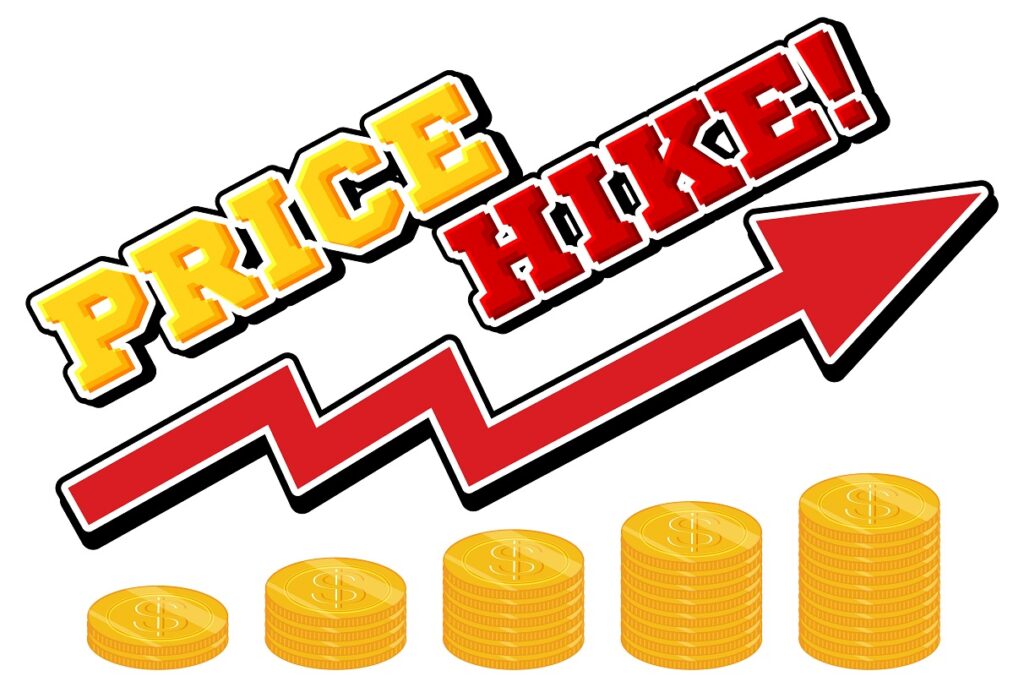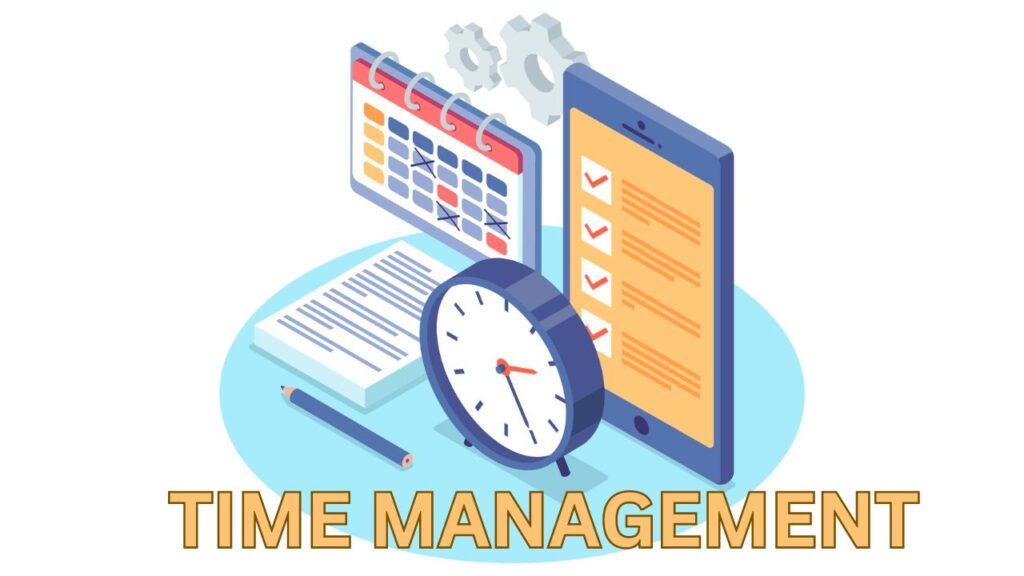In a world where the economic tides ebb and flow, the challenge of rising prices stands as a formidable adversary for individuals seeking financial stability. As the cost of goods and services experiences an upward trajectory, the need for adaptive strategies becomes more pressing than ever. Our journey through these turbulent times is not a passive one; it requires a proactive and resilient approach that transforms us into financial protagonists, capable of not just weathering the storm but thriving in its midst.
This article explains the rising prices from the perspective of today’s global and national economy and suggests ways to adapt and thrive in the midst of the current inflationary trends.
Jump to Section:
ToggleRising Prices
Rising prices, commonly referred to as inflation, denote the persistent increase in the general level of prices for goods and services in an economy over a specific period. It is a crucial economic indicator that reflects the erosion of the purchasing power of a currency. While some price increase is a natural part of a healthy economy, excessive or rapid inflation, as we have it today, can have significant implications for businesses, consumers, and overall economic stability.
Various factors contribute to rising prices, including increased demand, supply chain disruptions, escalating production costs, and monetary policies. When demand surpasses supply or when the cost of production rises, businesses may pass these higher expenses onto consumers in the form of increased prices for goods and services. Additionally, monetary policies, such as excessive money supply or low interest rates, can contribute to inflation by increasing the amount of money in circulation.
The impact of rising prices extends beyond the inconvenience of paying more for everyday items. It erodes the real value of savings, reduces consumers’ purchasing power, and can lead to changes in spending patterns. Understanding the causes and effects of rising prices is crucial for individuals and businesses alike. It enables informed decision-making which is fully discussed in this article.
Today’s Economic and Inflationary Challenges
Economic challenges today are marked by a complex interplay of factors, and inflation is frequently a central concern. Several economies globally face the aftermath of the COVID-19 pandemic, which has left a lasting impact on industries, supply chains, and employment. Supply chain disruptions, labour shortages, and increased production costs contribute to inflationary pressures, affecting the prices of goods and services.
In addition to pandemic-related issues, geopolitical tensions, wars – the Ukraine-Russian Conflict for example, trade disputes, and natural disasters have all contributed to further exacerbate economic challenges. These factors disrupt global trade, leading to uncertainties in markets and impacting inflation rates.
Another factor to consider especially as related to developing nations that heavily rely on importation is dependency on foreign currency. This can lead to an increase in prices because their domestic currency becomes less relevant. When transactions are conducted in a foreign currency, local businesses may face higher costs, as they need to convert their domestic currency to a foreign currency for international trade. This conversion process often involves fees and exchange rate fluctuations, adding extra expenses. Additionally, if the local currency depreciates against the adopted foreign currency, as is always the case, it takes more of the local currency to buy the same amount of imports, contributing to higher prices for goods and services. Thus, the use of foreign currency in import-dependent developing nations can result in increased costs for businesses, which may be passed on to consumers through higher prices.
Central banks and policymakers grapple with the delicate task of implementing monetary policies that stimulate economic recovery without fueling excessive inflation. Striking this balance is crucial to fostering sustainable growth while preventing the erosion of consumers’ purchasing power. The gospel truth is that it is pretty challenging even for policymakers to get it right. This therefore calls for individuals to imbibe strategies for survival.
How to Adapt and Thrive Amid Rising Prices
1. Strategic Budgeting
Strategic budgeting is your financial roadmap for navigating rising prices. It involves planning your spending based on priorities and needs, ensuring that you allocate resources wisely. Think of it like creating a menu for your finances – deciding what is essential, what can be trimmed, and where adjustments can be made. By proactively managing your budget, you empower yourself to make informed choices and weather the impact of rising prices without compromising your financial stability.
Strategic budgeting is about being intentional with your spending, directing your resources where they matter most, and adapting to the changing cost landscape with confidence.
2. Diversify Income Streams
Diversifying your income streams is like having a financial safety net. Relying solely on one source of income can leave you vulnerable to the effects of rising prices. Like the Biblical parable of the sower, think of it as planting different types of seeds – some might face challenges, but others could thrive. Exploring side hustles, investments, or freelance opportunities can provide additional financial stability and a buffer against the impact of inflation.
For an import-dependent economy, earning in foreign currency becomes even more crucial in times of rising prices. As the local currency loses value, the cost of imported goods and services tends to rise, contributing to the overall economic strain. Having income in a foreign currency acts as a shield, providing a stable financial foundation to navigate the increased costs associated with imports. This will not only help you to maintain your standard of living by mitigating the impact of inflation on essential goods but also position you to capitalize on favourable exchange rates. The ability to earn in a more resilient currency affords a level of financial insulation, enabling individuals to thrive in an import-dependent economy grappling with the challenges of inflation.
You need to see income diversification as your ready-help in this hash economic situation. Each income stream plays a unique role, contributing to your overall financial resilience. If one source faces challenges due to rising prices or economic shifts, the others can step up, helping you adapt and thrive in the face of changing financial landscapes.
3. Invest Wisely
Informed by the current trends, a lot of fraudulent and dangerous investment platforms are outside there. The adverts are popping up on every click online. Be cautious of this. Investing wisely is like planting seeds that grow even in turbulent weather. Explore investment options that have the potential to outpace inflation, such as stocks, real estate, or diversified portfolios. It is a bit like tending to a garden – choosing the right mix of investments allows your financial garden to flourish, providing a hedge against the erosive effects of rising prices. Keep in mind that, just like plants need care and attention, your investments require periodic reviews and adjustments to align with your financial goals.
While inflation may try to diminish the value of your money, smart investments act as a shield, preserving and growing your wealth over time. By understanding your risk tolerance and diversifying your investment portfolio, you equip yourself with the tools to adapt and thrive amid economic challenges.
4. Explore Cost-Efficient Alternatives
Exploring cost-efficient alternatives is like finding hidden treasures in a marketplace. When faced with rising prices, consider more affordable options without compromising quality. It is a bit like discovering a budget-friendly rescuer costume – it may not have all the bells and whistles, but it gets the job done. From generic brands to exploring second-hand options, adapting your spending habits helps you maintain your lifestyle without succumbing to the full impact of inflation.
When the prices of your usual choices soar, your sidekick suggests alternatives that save you money without sacrificing too much. It is about being resourceful and flexible, ensuring that you can adapt your lifestyle to changing economic conditions without feeling deprived.
5. Negotiate and Shop Smart








Ⅴery nice artіcle, just what I was looкing for.